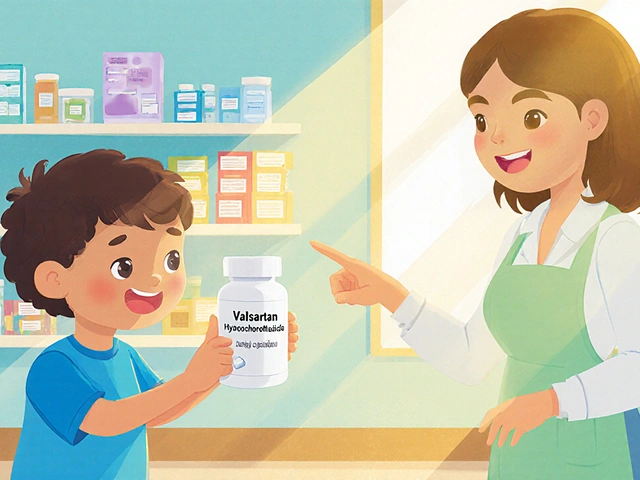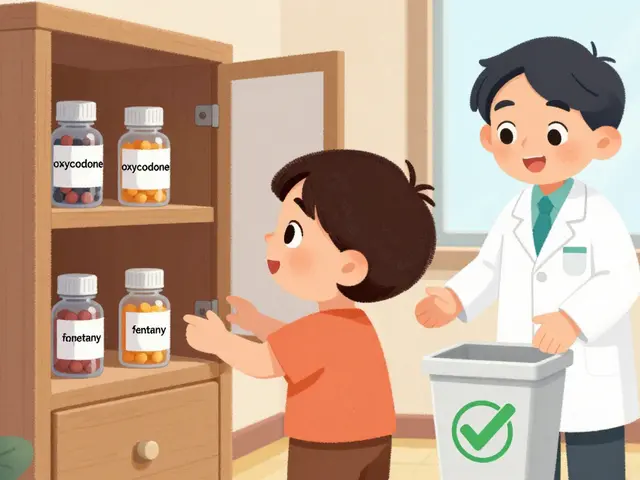Efficacy: How to Judge If a Drug or Treatment Really Works
When you see a headline that says a drug works, you probably want one simple answer: will it help me? Efficacy is the measure of that answer. It asks whether a treatment actually improves symptoms, prevents complications, or changes real health outcomes.
Start by checking study design. Randomized controlled trials give stronger proof than anecdote or tiny studies. Look for number of participants, length of follow up, and what outcomes were measured. A lab change does not always equal a meaningful patient benefit.
Size matters. Statistical significance can be misleading. A small percentage drop in risk looks impressive on paper but might only help a few people. Ask for absolute risk reduction and the number needed to treat so you see the real effect.
Side effects change the equation. A drug that lowers blood pressure well but causes frequent dizziness might not be worth it. Compare benefit versus harm. If safer options offer similar results, those often win for long term use.
Who was studied matters too. Trials sometimes exclude older adults, pregnant people, or anyone with multiple illnesses. If the trial group differs from you, results may not match your experience. Look for real world studies or patient reports when possible.
Practical tips to judge efficacy
Check more than one source. Read peer reviewed papers, guideline summaries, and independent reviews. Watch for who funded the research. Meta-analyses that pool many studies give a broader view than a single trial.
How to apply evidence to your life
Ask specific questions: how big is the benefit, how soon does it start, and what are common side effects? Think about what matters to you. For example, if you care most about feeling energetic daily, a drug that prevents rare complications may be less attractive.
What about alternatives? Our tag groups articles comparing drugs and non-drug choices. Sometimes lifestyle changes, different drug classes, or timing adjustments give similar benefit with fewer downsides. Check alternatives before locking in a plan.
Buying meds online? Efficacy depends on getting the right drug, dose, and quality. Fake or degraded products won’t work as promised. Use verified pharmacies, check active ingredients, and avoid suspiciously low prices.
Talk to your clinician. Share the key studies or summaries you found and ask how they apply to your health goals. A short conversation can turn confusing claims into a clear plan that fits your life.
On Blueskydrugs.com we break down trial data into plain language. You’ll find articles on blood pressure medicines, antibiotics, antidepressant choices, and supplements that explain how well each option works and what trade-offs to expect. Read comparison posts to see side by side benefits and risks. When evidence is thin, we highlight uncertainty so you can ask better questions. Use this tag to find deep dives and practical summaries that help you decide with confidence. Bookmark posts you trust, save key studies, and revisit summaries when guidelines change so your treatment choices stay current.




